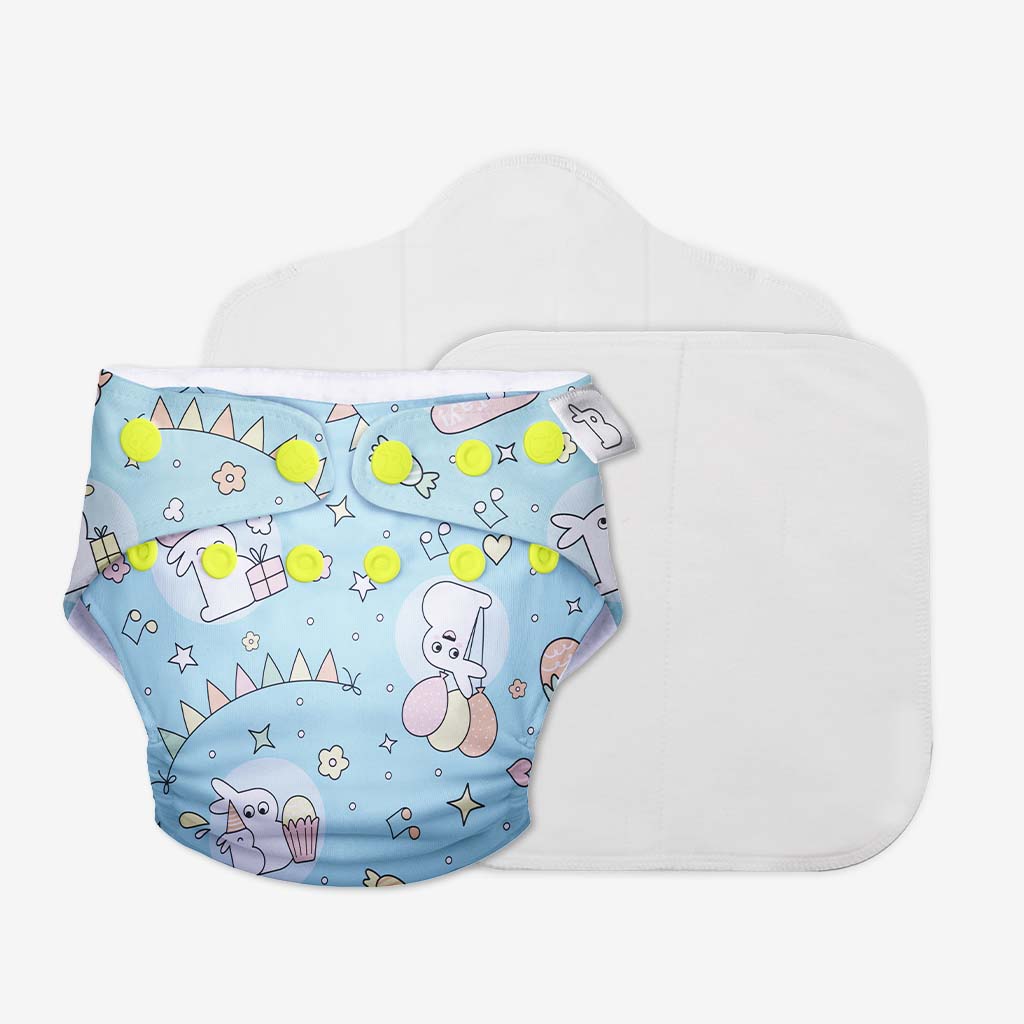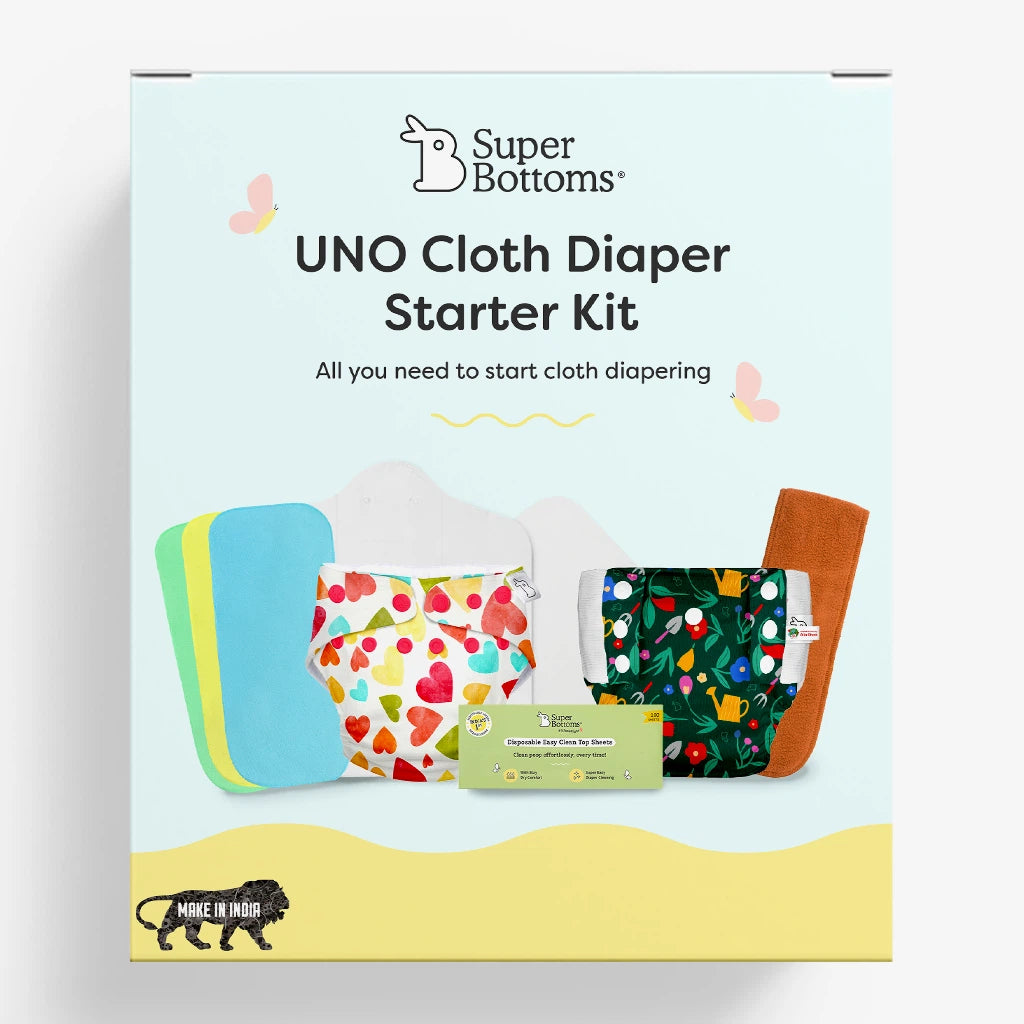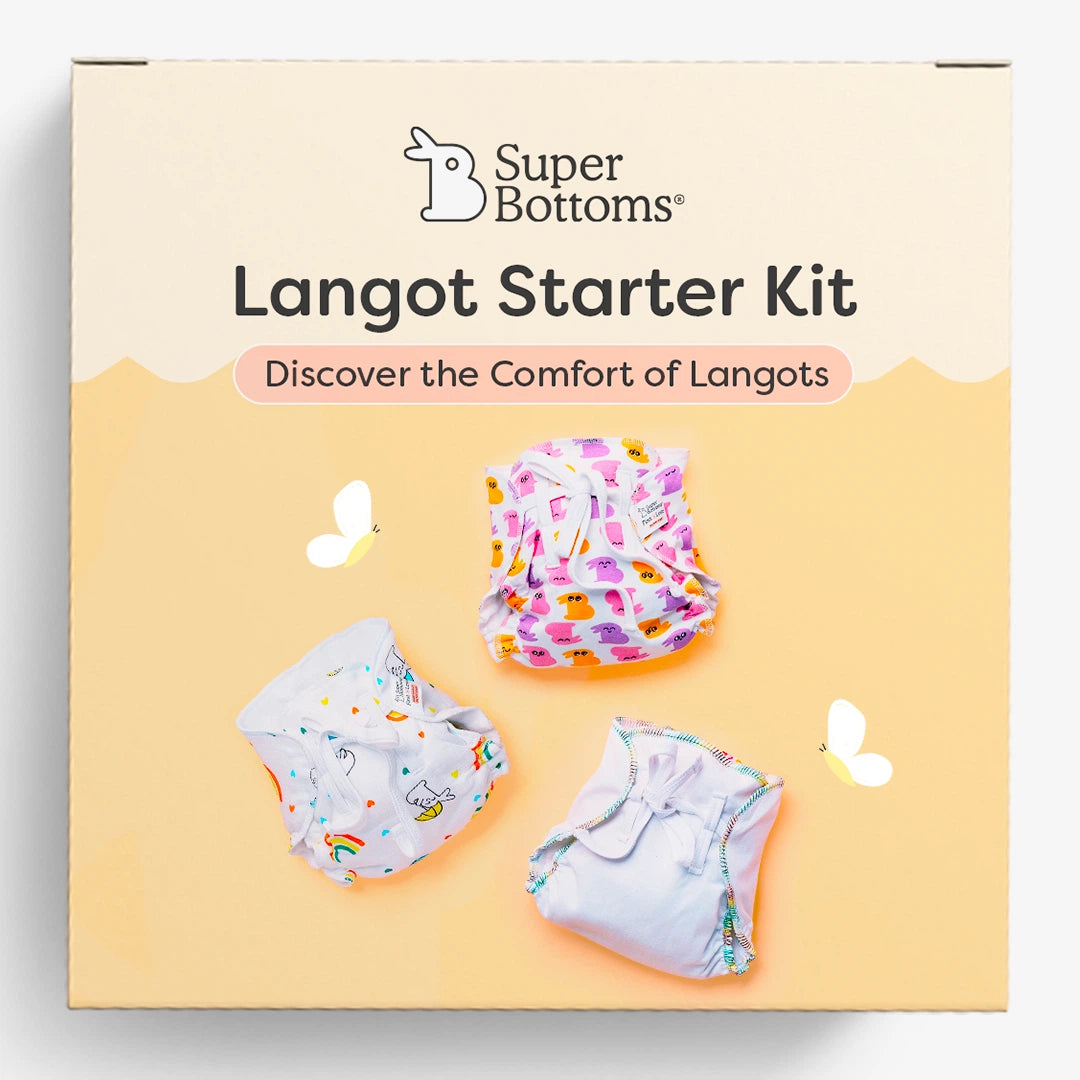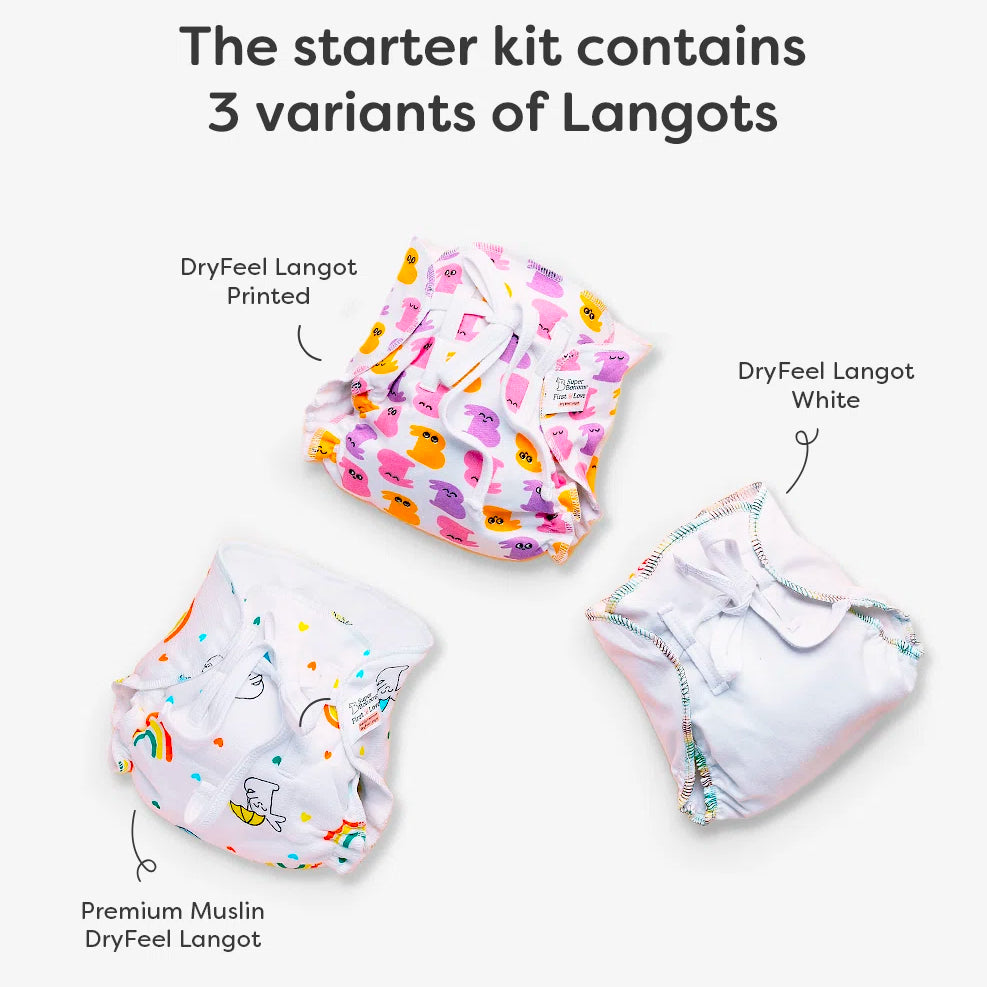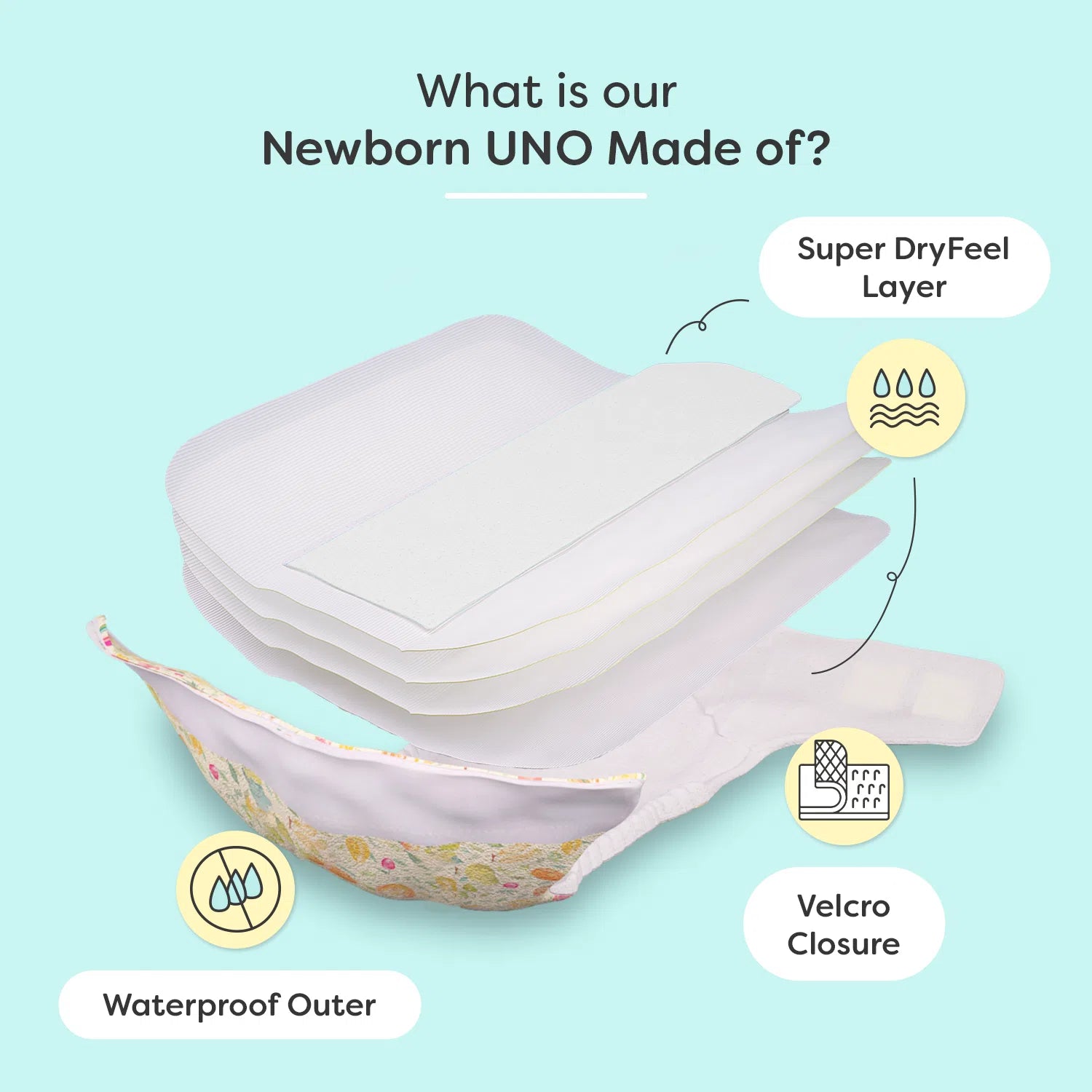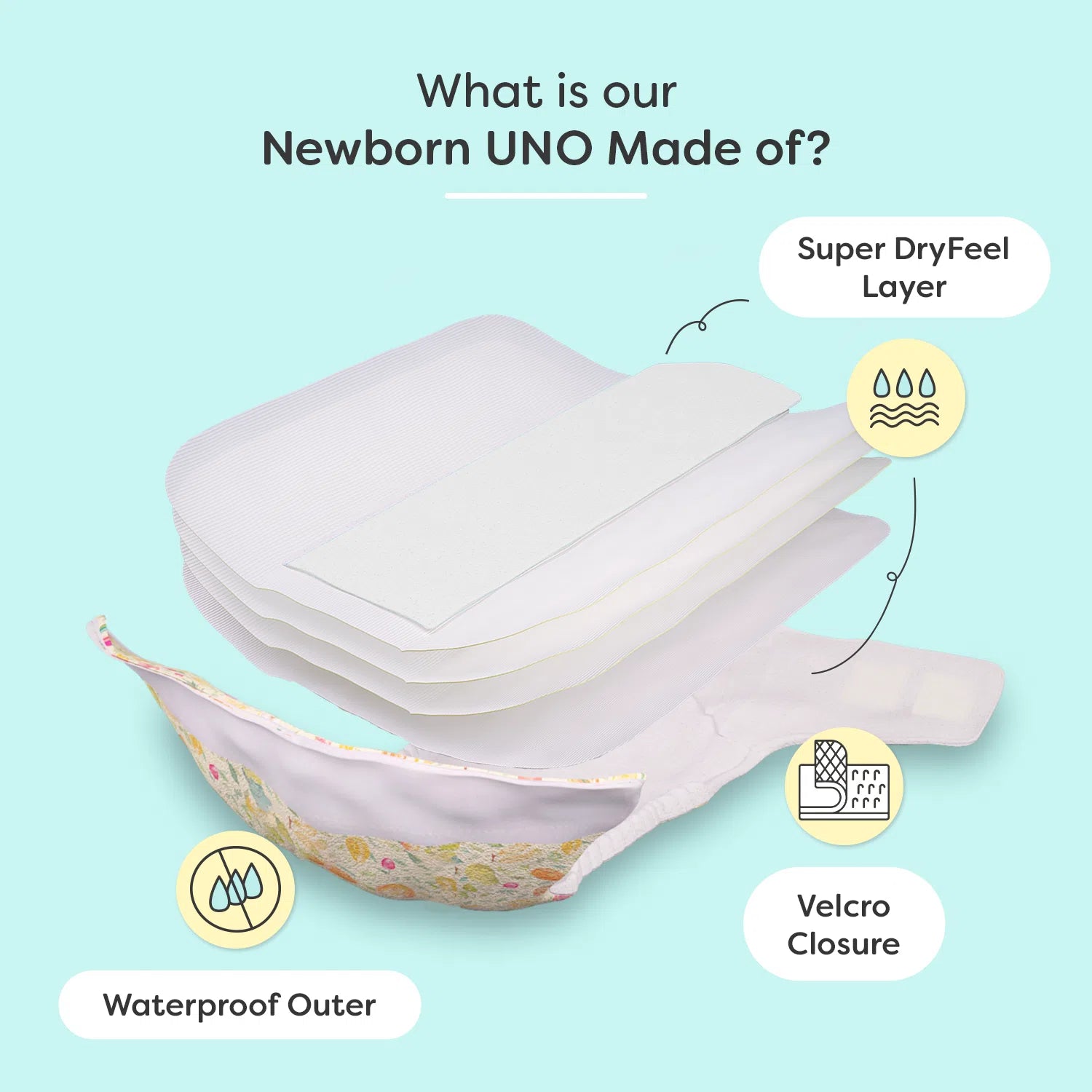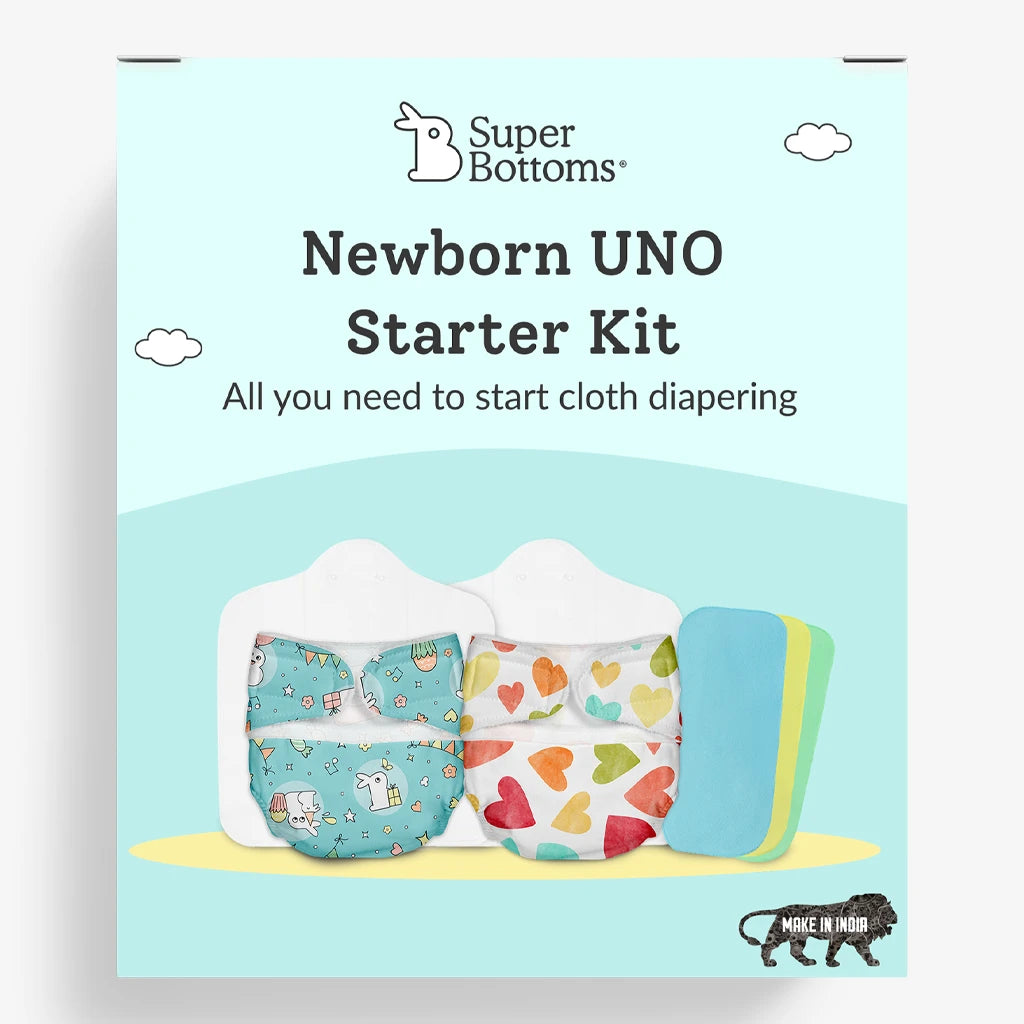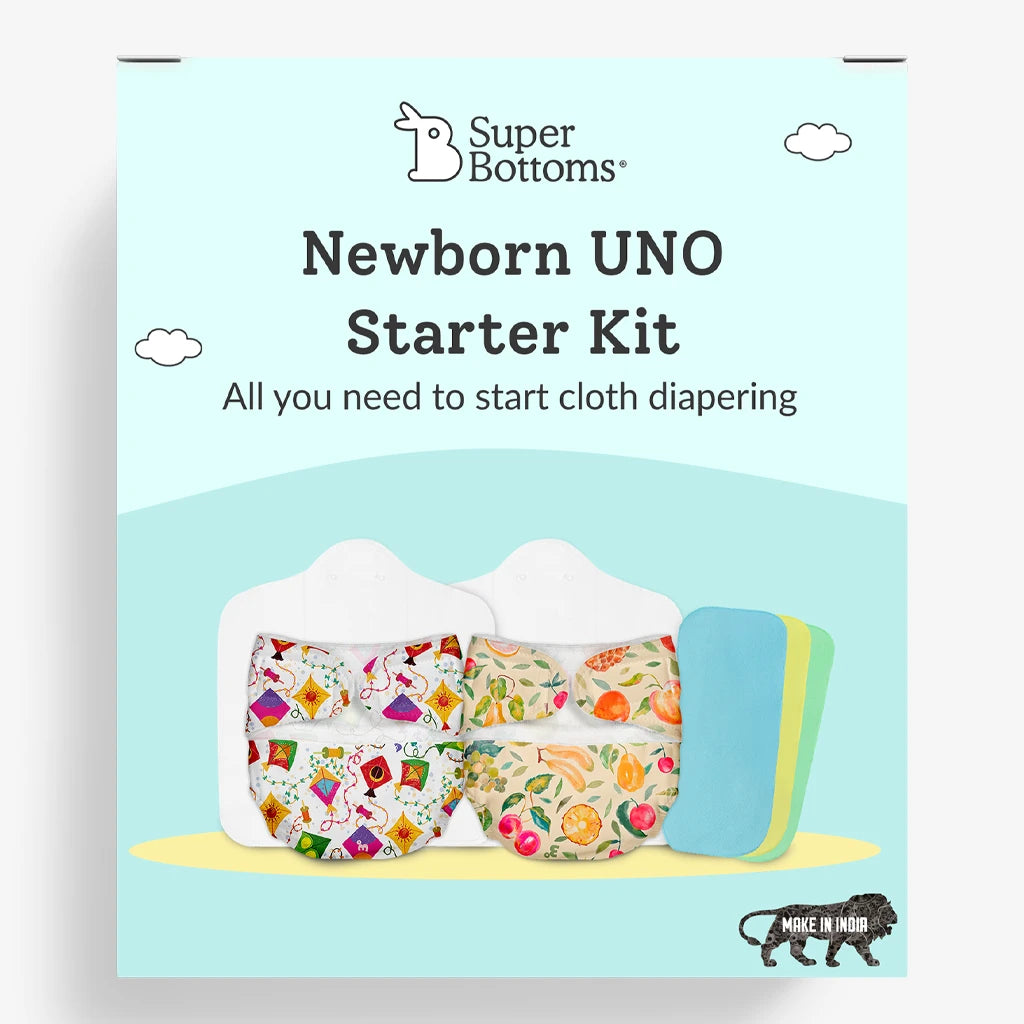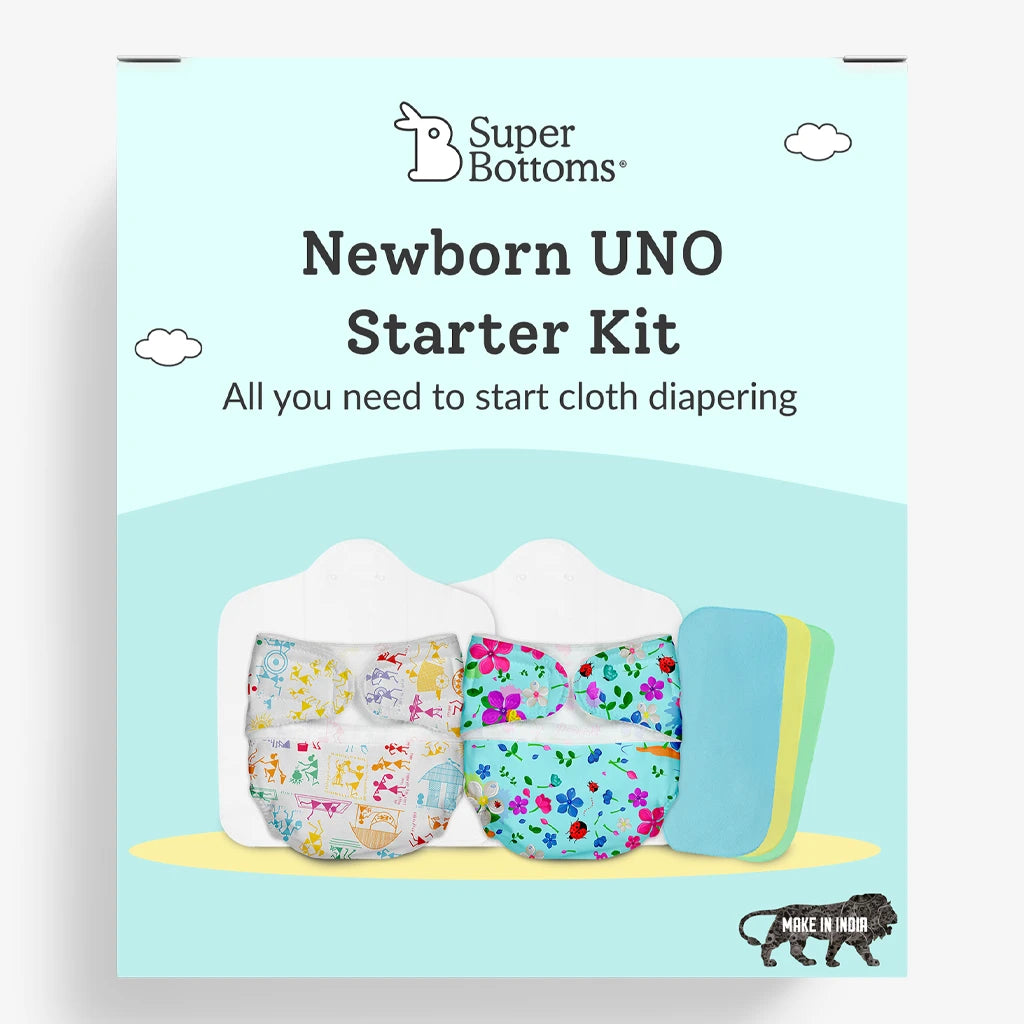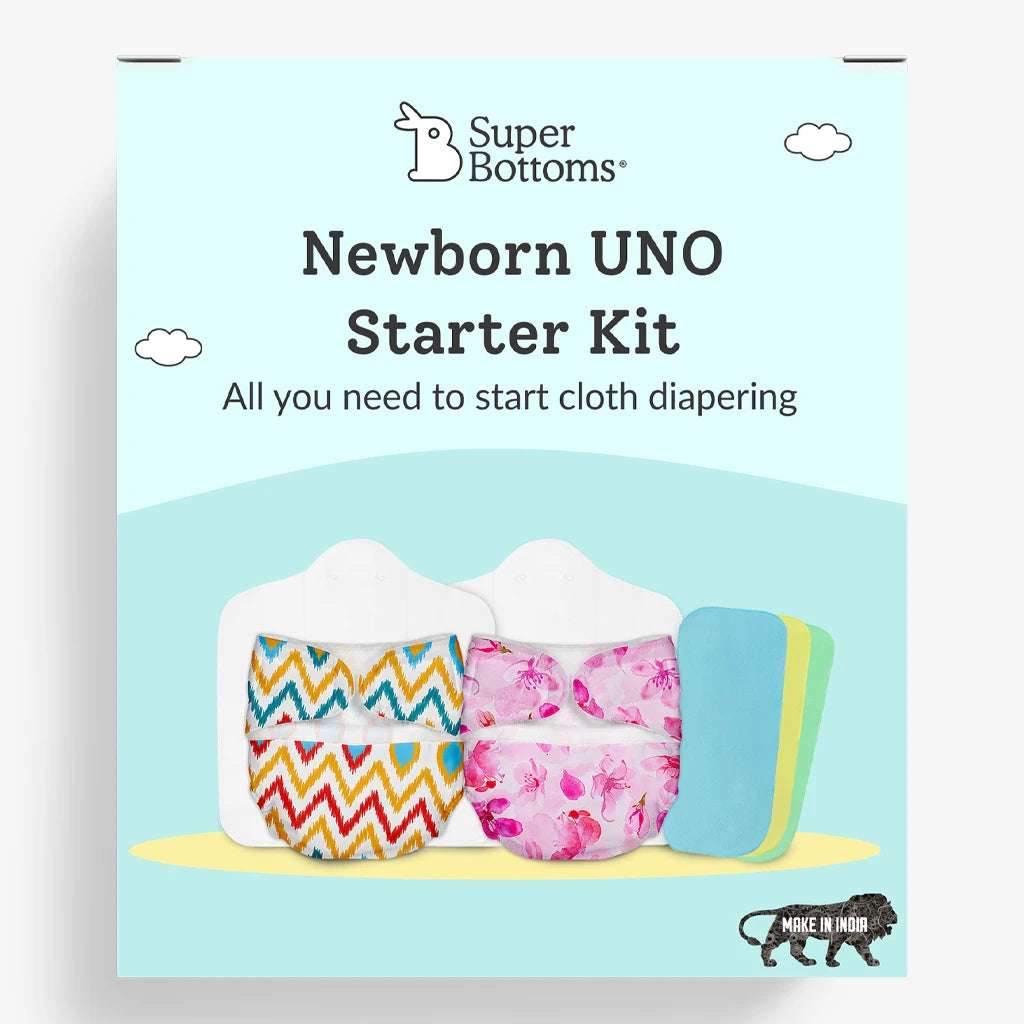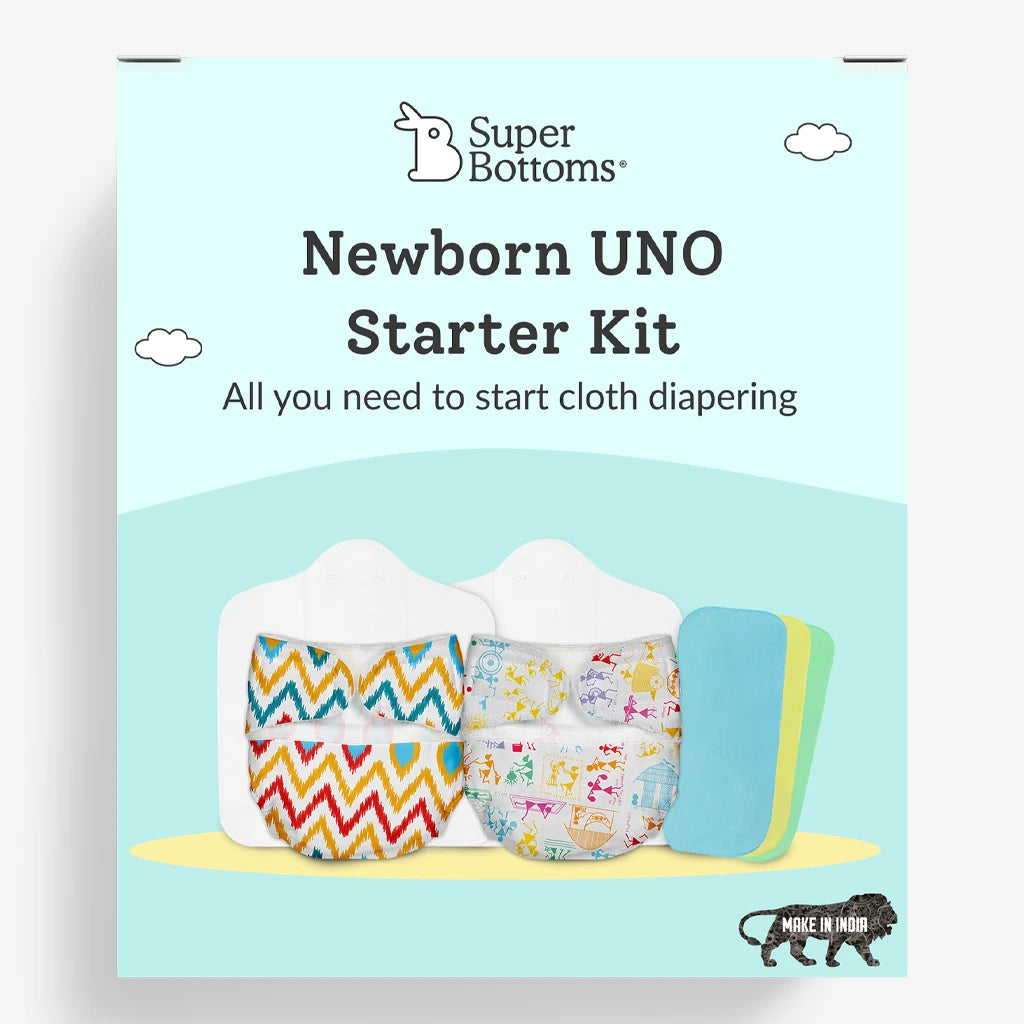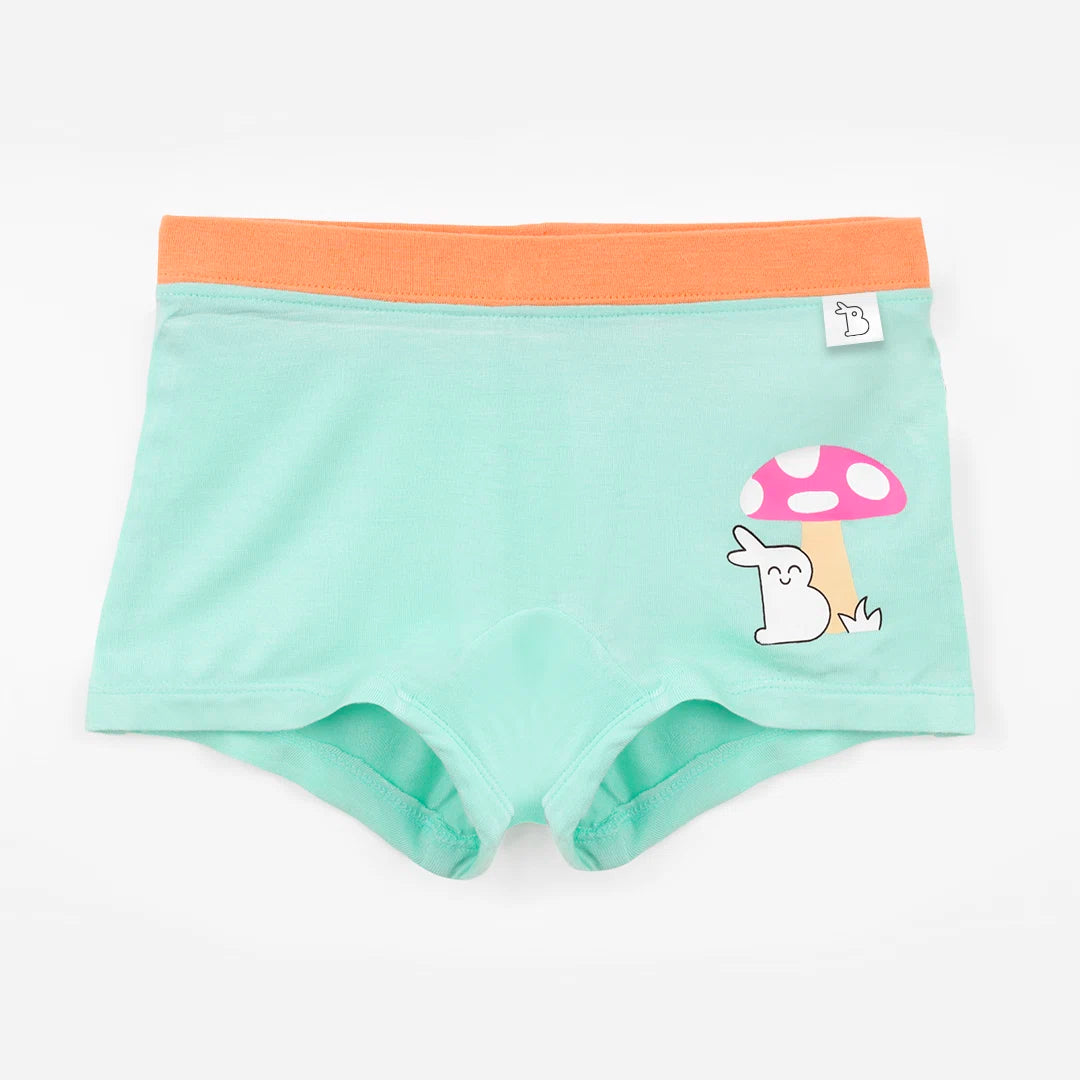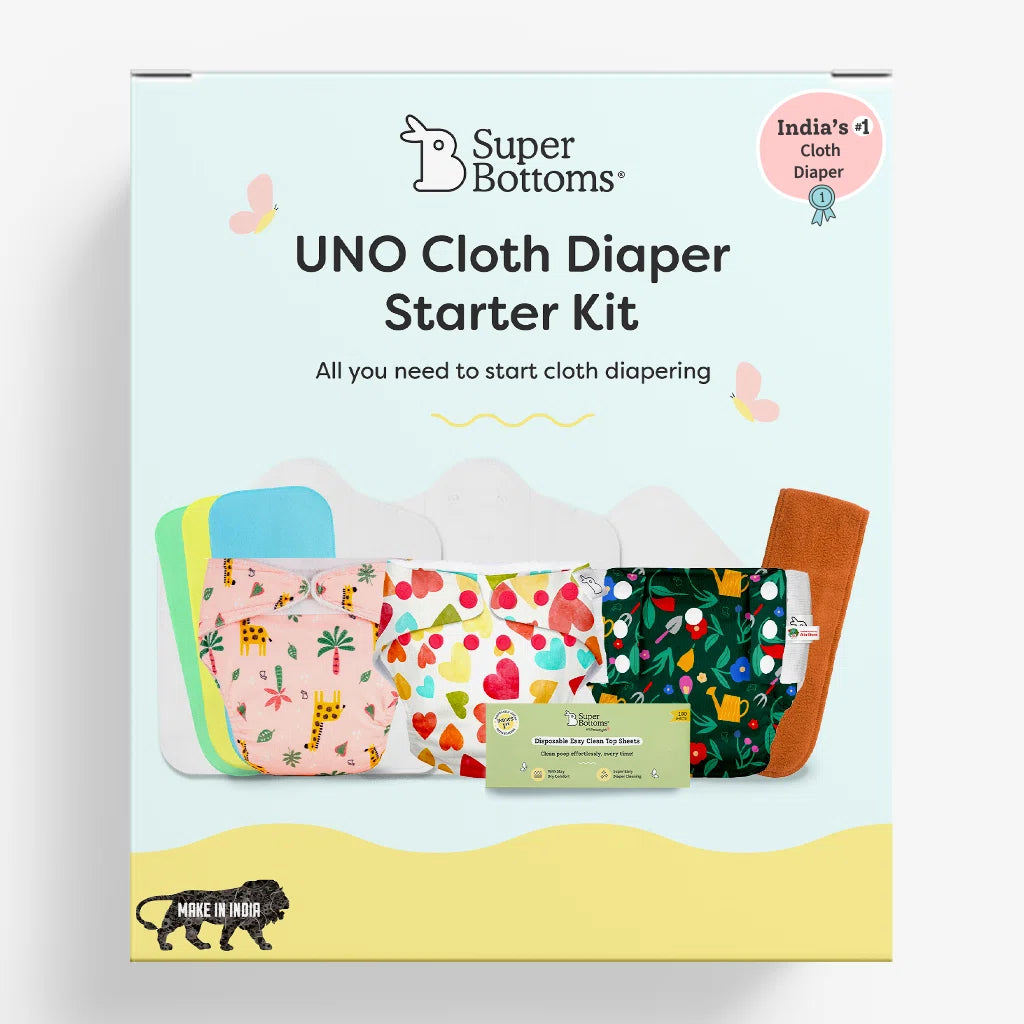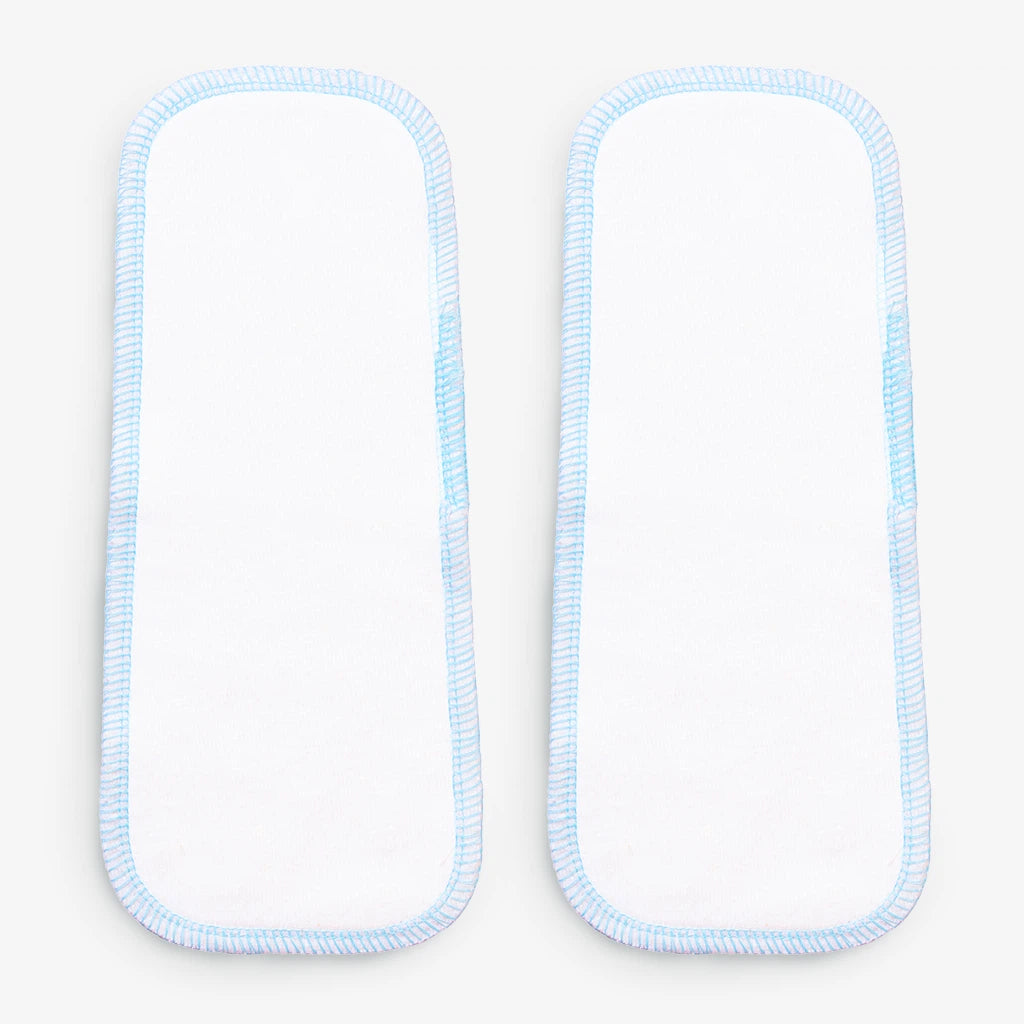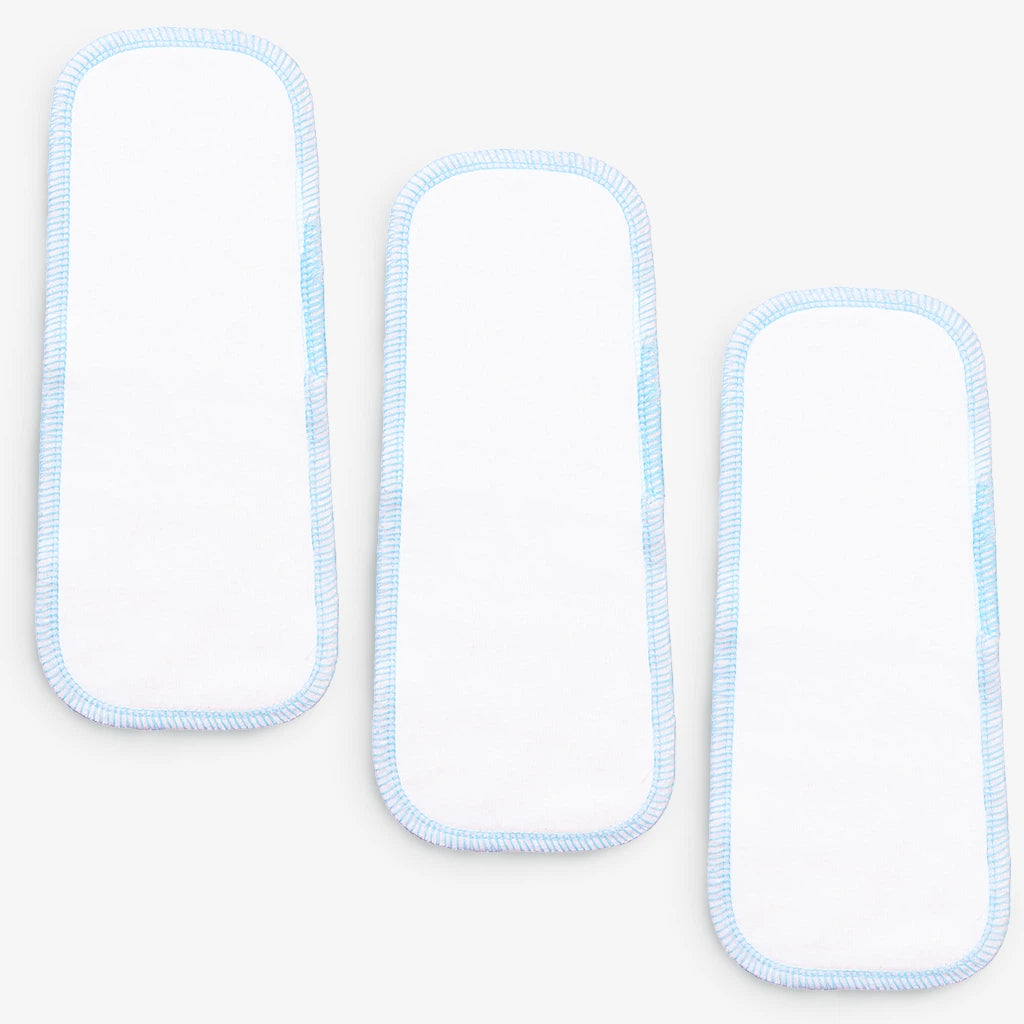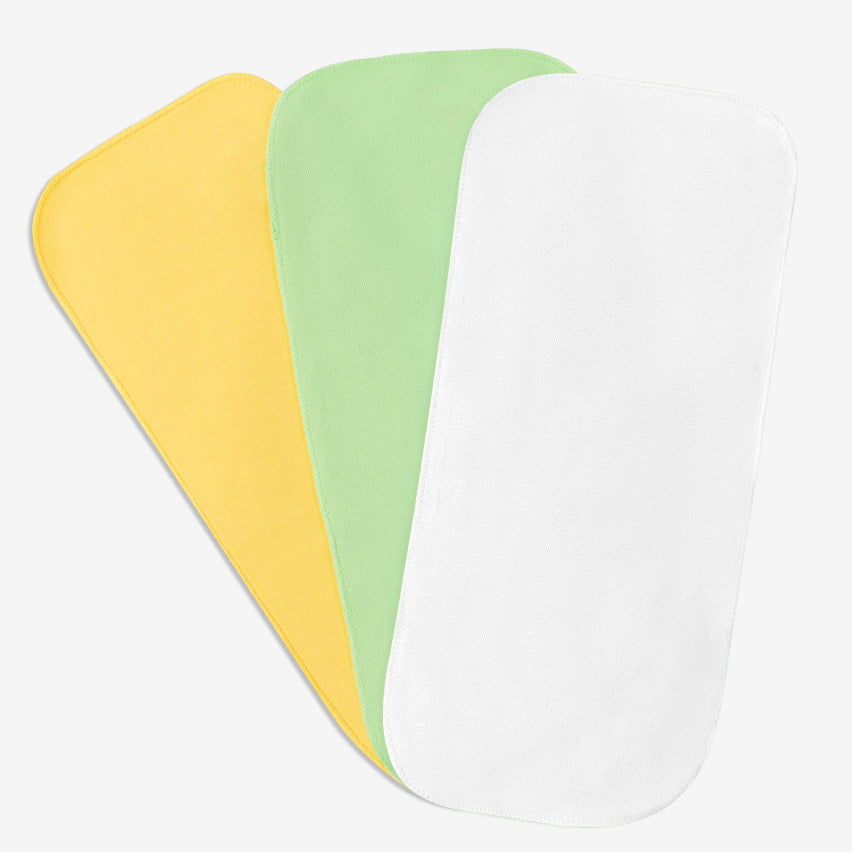- Introduction
- Why Does It Matter?
- Fruits to Avoid During Pregnancy First Trimester
- Fruits to Eat to Avoid Pregnancy – Myths and Misunderstandings
- What Fruits Can You Enjoy Safely?
- Key Takeaways
- FAQs
- Message from SuperBottoms
Pregnancy is a beautiful yet delicate phase in a woman’s life that requires careful dietary choices to ensure the health and safety of both mother and baby. While fruits are packed with essential vitamins, minerals, and fiber, certain types may not be ideal in high quantities. Understanding which fruits to avoid during pregnancy, especially in the first trimester, is vital. Let’s dive into the topic and explore fruits that may need to be limited or avoided altogether during this crucial time.
Why Does It Matter?
Pregnancy affects the body in complex ways, altering digestion, hormone levels, and immune responses. Some fruits may trigger unwanted effects such as uterine contractions, digestive discomfort, or even potential risks to fetal development if consumed in excess. Hence, moderation and awareness are essential.
Fruits to Avoid During Pregnancy First Trimester
Here are some fruits to be cautious about, especially during the early stages:
1. Papaya (Raw or Semi-Ripe)
-
Contains latex which may trigger uterine contractions.
-
Particularly risky during the first trimester.
-
Papaya can lead to bleeding or miscarriage if consumed in excess.
2. Pineapple
-
Contains bromelain, an enzyme that softens the cervix.
-
May increase the risk of early labor or miscarriage in sensitive cases.
3. Grapes (in excess)
-
Rich in resveratrol, which can be harmful in large doses during pregnancy.
-
Grapes may cause heat build-up in the body and digestive issues.
4. Tamarind
-
Though a common craving, tamarind is high in vitamin C which can suppress progesterone production if overconsumed.
-
Can lead to complications in early pregnancy.
5. Bananas (for gestational diabetes)
-
High in natural sugars.
-
Should be consumed in moderation if you have gestational diabetes.
6. Dry Fruits to Avoid During Pregnancy (in excess)
-
Dates: Can increase body heat and may trigger contractions if overconsumed.
-
Raisins: High in natural sugars; limit intake to avoid blood sugar spikes.
While these fruits are not entirely "forbidden," they fall under the category of fruits not to eat during pregnancy in large quantities.
Fruits to Eat to Avoid Pregnancy – Myths and Misunderstandings
The phrase "fruits to eat to avoid pregnancy" is often searched online but is largely based on myths. There is no scientific evidence to support the idea that eating certain fruits can prevent conception. However, some fruits like papaya and pineapple have been linked to fertility suppression when eaten excessively due to their enzyme content, but this is not a reliable or safe method of contraception.
What Fruits Can You Enjoy Safely?
Most fruits, when eaten in moderation, are highly beneficial during pregnancy. These include:
- Apples: Rich in fiber and vitamin C.
- Berries: High in antioxidants.
- Oranges: Great source of vitamin C and folate.
- Avocados: Packed with healthy fats and folic acid.
-
Pomegranates: Boosts iron levels and immunity.
Tips & Suggestions for a Healthy Pregnancy Diet
-
Balance is Key - Aim for a well-rounded plate that includes fruits, vegetables, whole grains, lean proteins (like lentils, eggs, paneer, or lean meat), and healthy fats. A diverse diet ensures you and your baby receive all essential nutrients, including folic acid, iron, calcium, and omega-3s.
-
Wash Thoroughly - Always wash fruits and vegetables properly to eliminate pesticide residue, bacteria, and parasites. Consider soaking them in a salt or vinegar-water solution for a few minutes before rinsing with clean water.
-
Eat Seasonal & Local - Seasonal produce is fresher, more nutrient-dense, and often contains fewer chemicals. Local foods are better adapted to your environment and are typically harvested at peak ripeness—making them tastier and more nutritious.
-
Consult a Dietitian - Every pregnancy is unique. A certified dietitian can help you tailor your diet based on your body’s needs—especially if you’re dealing with gestational diabetes, food aversions, or allergies.
-
Stay Hydrated - Proper hydration supports amniotic fluid levels, helps digestion, and prevents fatigue. Aim for at least 8–10 glasses of water a day. You can also include hydrating foods like watermelon, cucumber, oranges, and soups.
-
Don’t Skip Breakfast - A nutritious breakfast kickstarts your metabolism and keeps morning sickness at bay. Include complex carbs like oats, fruits, and a source of protein such as milk, yogurt, or nuts.
-
Limit Processed Foods & Sugar - While cravings are normal, try to minimize foods high in sugar, salt, and unhealthy fats. Opt for natural snacks like fruits, nuts, seeds, or homemade laddoos instead of chips or sweets.
-
Include Iron & Calcium-Rich Foods - Iron helps prevent anemia, while calcium supports your baby’s bone development. Include foods like leafy greens, ragi, tofu, dairy, and legumes. Pair iron-rich foods with vitamin C (like oranges or lemon) for better absorption.
-
Eat Small, Frequent Meals - To combat nausea, indigestion, and acidity, opt for smaller meals throughout the day instead of 3 large ones. This helps maintain steady energy levels and keeps you feeling light.
-
Listen to Your Body - Pregnancy changes your body’s needs and preferences. If you’re not feeling hungry or are experiencing aversions, don’t force yourself. Focus on eating nutrient-rich foods when you can, and talk to your healthcare provider for guidance.
|
Limited Time Offers + Special Gift Sets! Now or never Super SALE is live on the SuperBottoms website! Take advantage of unbeatable value deals on our UNO Cloth Diapers, Baby Essentials, and more. Looking for the perfect present for a newborn or a toddler? Explore our thoughtfully curated Gift Sets & Combos — safe, skin-friendly, and oh-so-cute! A bundle of love for little ones and a delight for parents. HURRY — Deals and Gift Packs are live only till stocks last. Don’t miss the chance to stock up & share the joy! |
Key Takeaways
-
Some fruits like papaya, pineapple, and grapes should be eaten in moderation, especially during the first trimester.
-
Excessive intake of certain dry fruits during pregnancy like dates and raisins may cause complications.
-
There is no fruit that can prevent pregnancy; this is a common myth.
-
A balanced diet rich in seasonal fruits, vegetables, and whole foods supports a healthy pregnancy.
FAQs
Q1. Can I eat mangoes during pregnancy?
Yes, ripe mangoes in moderation are safe and a great source of vitamin A and C.
Q2. Are dry fruits completely unsafe during pregnancy?
No, dry fruits are nutritious but should be consumed in moderation due to their high sugar content.
Q3. Is pineapple juice safe during pregnancy?
Small quantities may be safe, but large amounts should be avoided, especially in the first trimester.
Q4. Can fruits cause miscarriage?
Not directly, but some fruits like raw papaya and excess pineapple may increase the risk when eaten in large amounts during early pregnancy.
Eating mindfully and consulting a healthcare provider for a personalized nutrition plan can ensure a safe and healthy pregnancy journey.
Message from SuperBottoms
Hi there, new parents! SuperBottoms brings you doctor-recommended cloth diapers — the best rash-free diapering solution for your baby’s sensitive and delicate skin. Unlike disposable diapers loaded with chemicals, our newborn cloth diapers, when used and washed properly, can help eliminate the risk of diaper rashes. SuperBottoms offers a wide range of safe, skin-friendly essentials for the whole family — including Reusable Cloth Diapers, Diaper Pants, DryFeel langots for diaper-free time, Padded Underwear for potty training, SuperSoft Underwear for everyday comfort, Joggers for playful days, and Period Underwear for women. Not just for everyday use, SuperBottoms products also make the best gifting choice for babies — thoughtful, eco-friendly, practical, and loved by parents. Now available on Amazon, Myntra, Flipkart, FirstCry, Zepto, Swiggy and Blinkit.














